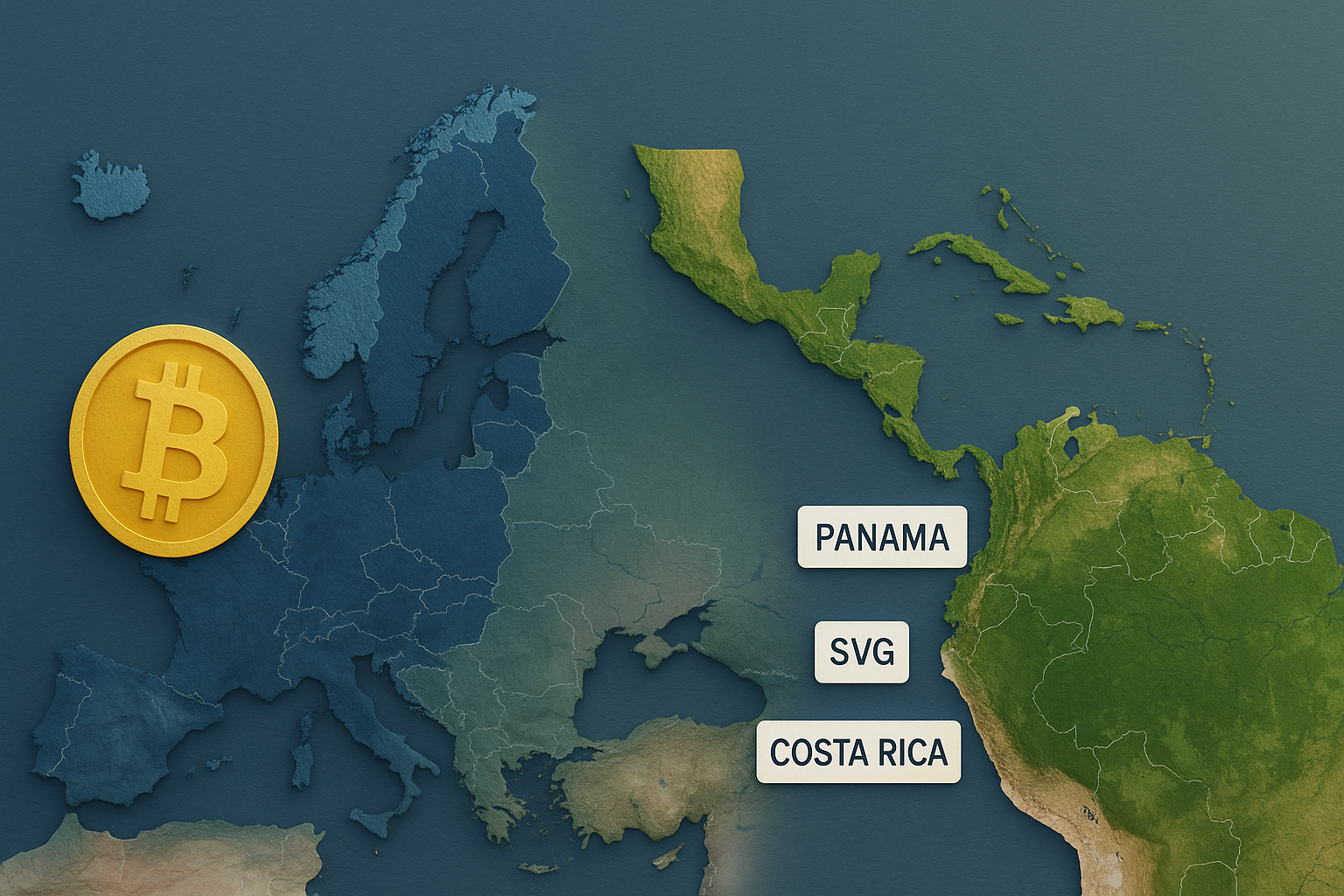Hong Kong plans to implement a comprehensive regulatory framework for digital currencies by 2026. This move aims to strengthen the stability and integrity of the financial industry while promoting innovation in digital assets.
With the increasing influence of cryptocurrencies and digital assets, financial institutions worldwide are striving to create regulatory frameworks that balance innovation with financial stability. One such institution is Hong Kong, which recently announced its intent to enact comprehensive regulations for cryptocurrencies by 2026.
Regulating Cryptocurrencies: A Strategic Move
Hong Kong’s government, specifically its treasury branch, announced its plan to develop a comprehensive regulatory framework for digital assets. This strategic move is aimed at reinforcing the stability and integrity of the financial industry, which, in turn, will foster innovation and development in the digital assets sector.
The new regulatory approach is expected to be broad-based, capturing the complete range of activities conducted by Virtual Asset Service Providers (VASPs), including those that are not currently regulated. This all-encompassing strategy will ensure that any company dealing with cryptocurrencies and digital assets adheres to the same stringent rules as traditional financial institutions, creating a harmonized environment that promotes fair competition.
A Five-Year Roadmap
The government has proposed a five-year roadmap to implement the regulatory framework, with the completion target set for 2026. This timeline allows for the necessary consultation, stakeholder engagement, legislative procedures, and subsequent implementation stages to be conducted in a structured and timely manner.
The initial stages will involve an “early and active market engagement” strategy. This will involve discussions with stakeholders and investors in the cryptocurrency and blockchain technologies sectors to ensure that the new legislation addresses their needs and concerns and fosters an environment that supports innovation and growth.
The Global Context
The decision to regulate digital assets aligns Hong Kong with the wider global trend of embracing cryptocurrencies while ensuring their regulation for the security and stability of the financial sector. Several countries, including the United States, the United Kingdom, and Singapore, have introduced or are planning to introduce laws and regulations to govern digital assets.
Outlook
Hong Kong’s decision to regulate cryptocurrencies represents a significant step forward in the recognition and legitimization of digital assets as an integral part of the financial sector. As the 2026 deadline approaches, it will be interesting to see how the proposed regulations shape the city’s thriving digital assets sector and the broader financial landscape.
Conclusion
While the move to introduce a comprehensive regulatory framework for digital assets by 2026 is a significant undertaking, it is a necessary step to ensure stability and fairness in the rapidly evolving financial environment. By providing a clear regulatory pathway, Hong Kong is not only protecting its financial industry but is also positioning itself as a leader in the secure and regulated growth of digital assets.






